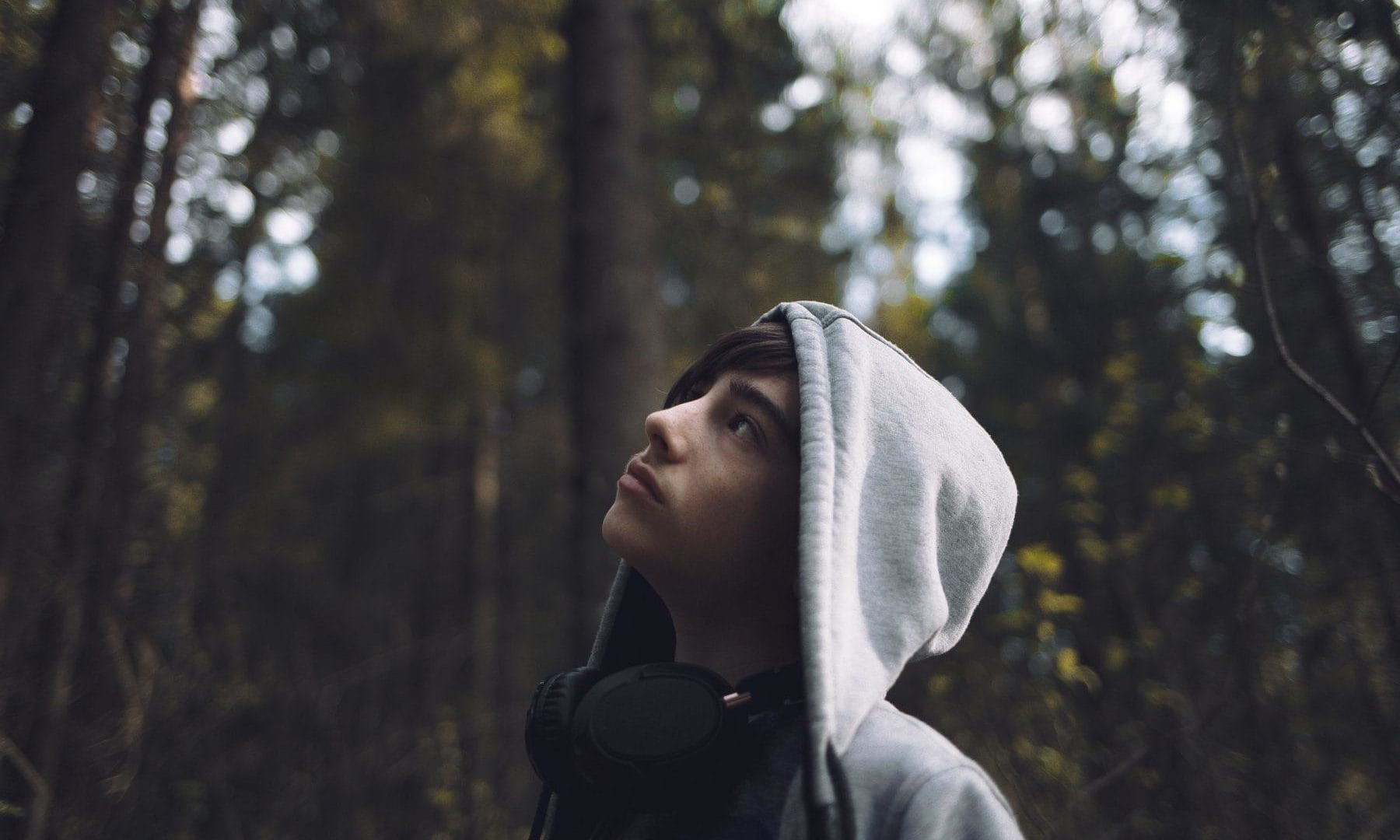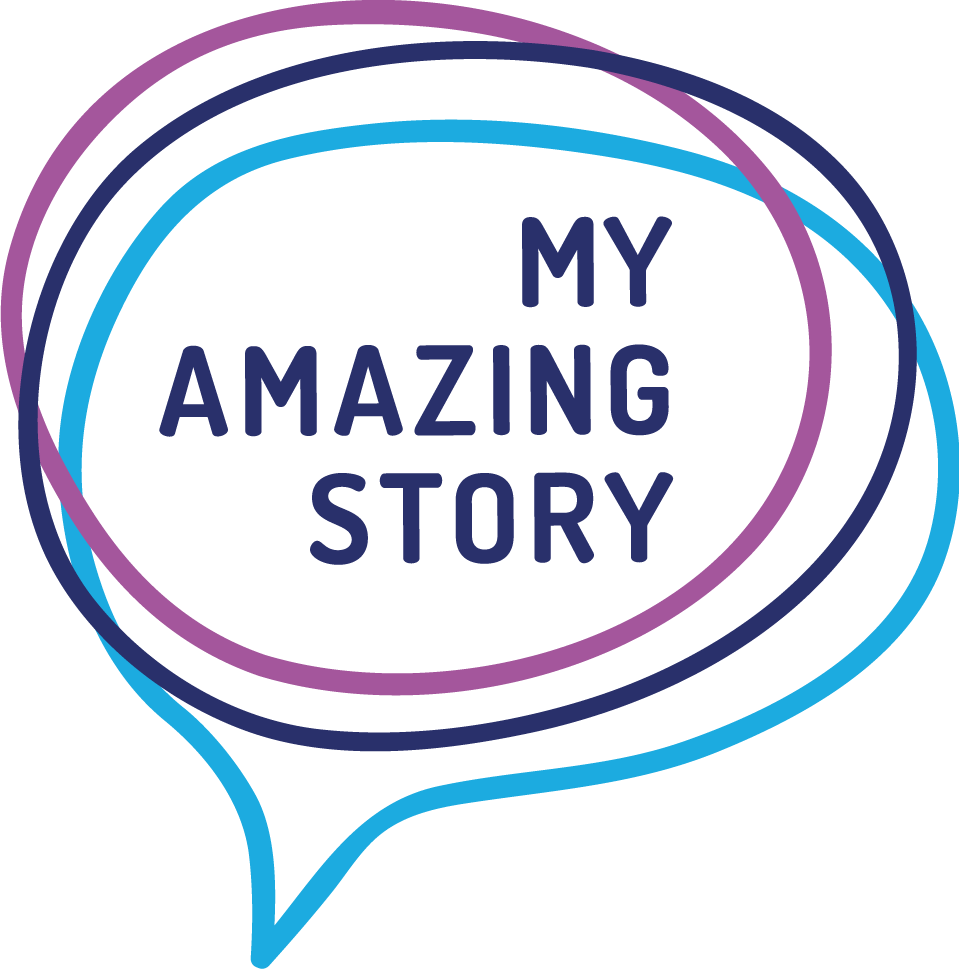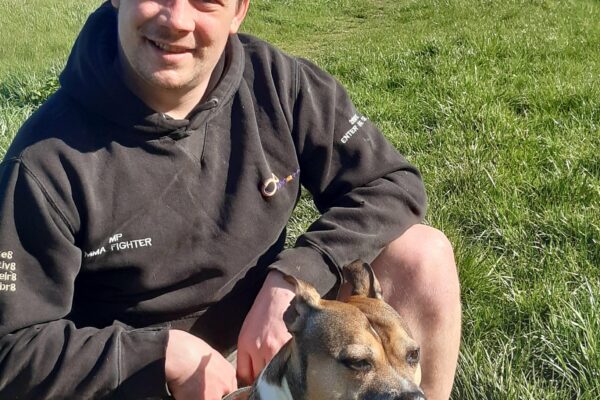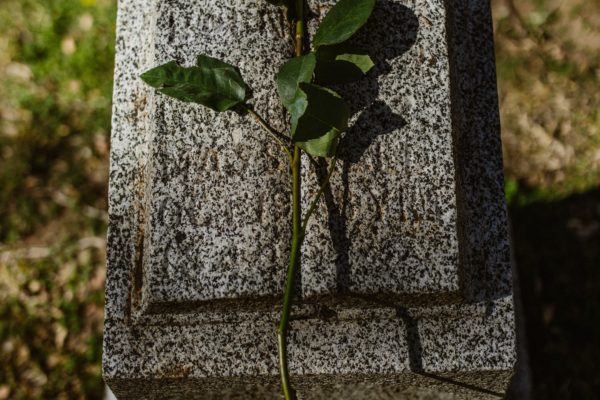A story by Michael, Across the UK

No regrets when my father died.
My father died after a short illness. As a child, I never knew whether he was going to be easy-going or angry. As I learned about his tough upbringing and unloving childhood, my view changed from ‘he who must be obeyed’, to recognising that he was fallable.


What challenge does this story focus on?
Growing up I felt wary, unsafe to relax, and not safe to be me. I survived through disregarding myself, spending time trying to be invisible. I treated my father like a dragon, giving him enough to keep him satisfied so he would not turn and roast me with his fiery words. In the last few weeks of his life, I could see that he knew dying was near, and that he did not want to be alive if he could not be active and fit. I realised that part of his dying process was us getting right with each other.
How has this challenge affected you?
I learned lots from him – both helpful and not – to be independent, to not rely on others, to work hard, to not feel, to not involve emotion in relationships, to not trust people; to prioritise work more than family, to improvise, to be a non-conformer, and to love nature.
What has or is helping you to move forward with this challenge?
Little revelations to me, for example, realising my father was uncomfortable with praise, changed my view of him as being someone who was always right. I realised that he, like me, is human, trying to cope with his perceived disabilities and negative beliefs about himself as best he could. I felt huge compassion for him, which is another way of saying: I loved his vulnerabilities.
What have you learnt as a result of this challenge?
I saw that he could not come to terms with dying, without letting out some feelings – dying is not a purely logical experience! I asked him what he thought about what he believed happened after death, to which I could see he had no answer, and was curious to know what I thought. When I told him, I could see this made him considerably less agitated, and gave him something to reflect on. Over several of these conversations, he thanked me for my counsel. He was quite happy to hold hands while we chatted, something he would only do under sufferance when I was very little.
How do you use this learning in your life now?
I was able to tell my father how I felt about him. When he died I felt relief for him, and was really pleased we had spoken as we did, and I could think of nothing else I wanted him to hear – no regrets. I still think about him now from time to time, particularly at times when I think he would have enjoyed some of the things I am doing, but I feel no regret. My father died as he had wanted to, at peace with himself and the world.
What positive message would you like the reader to go away with?
When we choose to see the vulnerabilities in each other, we can have compassion and can learn so much from each other.



